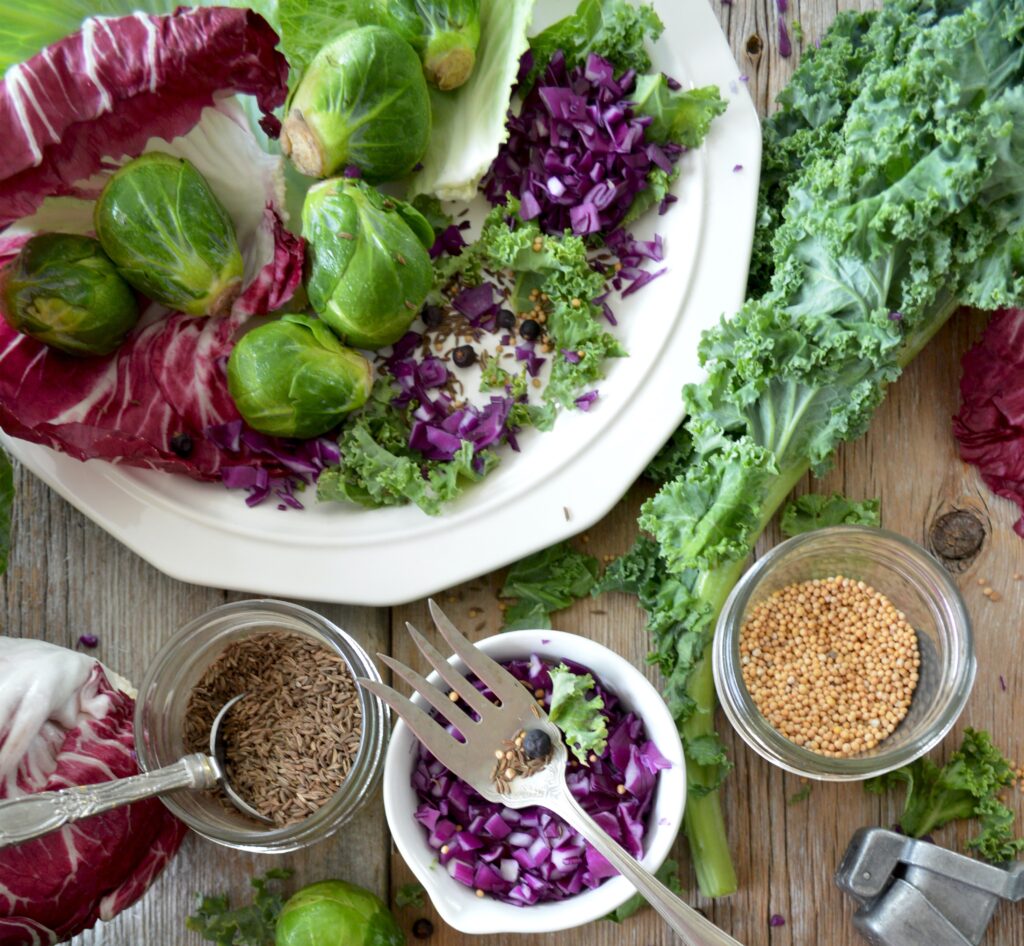Feeling sluggish, difficulty maintaining a healthy weight, low levels of daily energy – these are all signs that your metabolism is slowing down
Between work, family, social and personal commitments, we can come to take tiredness or feeling ‘wrecked’ at the end of the day as just a by-product of a busy life.
But if your exhaustion is going on longer than it should, or extends past a stressful time in your life, it might be worth taking a step back and looking at the bigger picture. Depending on your age, it could be a slowing down of your metabolism.
According to Nutritionist and Medicinal Chef, Rachel Graham, aka. The Menopause Nutritionist, those particularly affected by a slow metabolism are women in midlife. Women in perimenopause (approx 45-50 years old) often experience it because of a decline in oestrogen.
However, this is not the only contributing factor – often a poor diet, going too long without food, inactivity, or poor sleep can also be key driving factors.
Thankfully, there are steps you can take. Here’s what Rachel recommends to rev up your metabolism and boost your energy levels for improved long-term health and well-being:
1. Focus on magnesium
One of the key elements in supporting a healthy metabolism is magnesium but many of us are not consuming enough magnesium-rich foods in our diet. As well as aiding relaxation, magnesium also plays a crucial role in various bodily functions, including energy production, protein synthesis, and muscle function.
It’s also essential for the metabolism of the main macronutrients: carbohydrates, fats, and proteins.
To optimise your magnesium intake, Rachel recommends increasing your magnesium- rich food intake i.e. dark leafy greens like spinach and kale, nuts and seeds, legumes, and whole grains.

2. Add shelled hemp seeds into your diet
Another convenient and versatile option to consider is adding shelled hemp seeds to your diet. But what exactly is it?
Shelled hemp is a powerhouse of nutrition, and its benefits extend well beyond its high magnesium content. Hemp seeds contain all nine essential amino acids (the building blocks of proteins) making them a complete protein source. Hemp seeds are also rich in omega-3 and omega-6 fatty acids, which are essential for brain function and heart health.
Including shelled hemp in your diet can help increase satiety, promote healthy digestion, and support muscle recovery and growth.
Add a couple of tablespoons of Linwoods shelled hemp to your morning smoothie or sprinkle it over your porridge or overnight oats. You can also mix it into your favourite yoghurt or even blend it into pesto for a nutritious protein and magnesium boost!

3. Maintain an active lifestyle
While incorporating magnesium-rich foods and other nutritious foods into your diet is effective, it is equally important to maintain an active lifestyle. Regular exercise can help rev up your metabolism, support a healthy weight, and improve overall health and well-being.
Engage in activities you enjoy, whether that’s swimming, or practising yoga and pilates, because the best exercise is the one you do regularly! Aim for a combination of cardiovascular exercises to boost calorie burn and strength training exercises to build lean muscle mass. Muscle tissue requires more energy to maintain, so increasing your muscle mass can help support a healthy metabolism.
Have you heard of NEAT activity?
NEAT, or Non-Exercise Activity Thermogenesis, occurs when you do small bursts of activity outside of your scheduled exercise time i.e. taking the stairs instead of the lift, parking your car further away from your destination and walking the rest of the way. These little changes can add up and make a significant difference in boosting your metabolism and overall energy levels.
Rachel Graham’s new cookbook The Menopause Kitchen is available to buy from 6 July.








